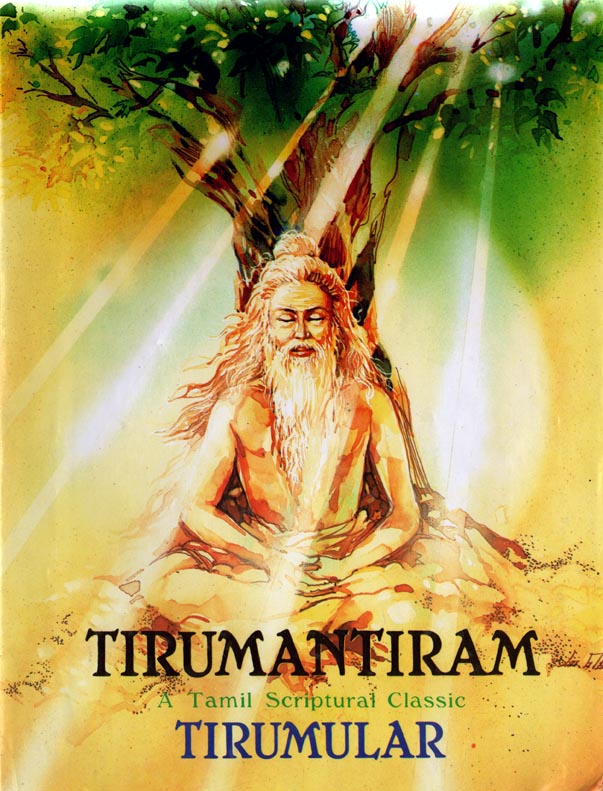|
- Transient Thoughts - Volume I - by P.Narendra Nathan, 1991
(purchase inquiries to 53, Crossways, South Croydon, Surrey CR2 8JQ, U.K.)
Book Review by Nadesan Satyendra
P.Narendra Nathan�s Transient Thoughts is a book for those who are moved
to reflect on their own life experiences. In some 40 pages the author has set
down what he describes as �passing thoughts� from his readings on the subjects
of Religion, Philosophy, and New Science.�
He says in his preface: "I have called them transient; the dictionary meaning
is �of short duration�. To me, these transient thoughts are glimpses of light in
the experience of my life. Most, I have gathered from various sources; and I
have no claim to their originality. Few are mine too. It is said that no thought
is original even when inspired. A thought results when thought acts on thought.
Most of what I have written down are simple, and may even be mundane. Some are
profound, but nothing scholarly is intended. I have lived a Hindu having been
born one, and been a physicist by profession. I have thus been conditioned in
all my thoughts. Kindly bear with me for that while reading them. It is my hope
that you would enjoy them as much as I have, in writing them. Simple truths are
interesting as well as illuminating."
He ends his preface by quoting Boethius: "Man would never go to Heaven, if he
is content to go alone" - an explanation, perhaps, of the author�s desire to
share his reflections.
Transient Thoughts lives up to the promise in the Preface. In a world which
often speaks with a disarming forthrightness about the bottom line, the author
says: ��Your little ego is not the bottom line��. He adds: ��You are what you
believe in.�� The author quotes Max Muller: ��There never was a false God, nor
was there a false religion unless you call a child a false man.�� Some other
reflections: ��You do not hear until you listen, nor see unless you look. You
cannot be taught without wanting to learn.�� ��Know to meditate, meditate to
know.�� ��Not to be wiser after the event, is not to learn by your experience.��
In a world economy which is driven by insatiable demand, Narendra Nathan
reminds us: ��If what you want is less than what you receive, you are rich.�� To
those who endlessly ask questions which our limited minds are unable to answer
he says: ��Learn to live. It is more important than to learn the purpose of
life.�� ��You have not failed until you have stopped trying.�� And he puts the
teaching of the Gita in his own way: ��The reward of doing right is found in
itself and not elsewhere.��
One can well understand why it is that the author says that Transient
Thoughts are glimpses of light in the experience of his life. Perhaps in that
truth lies the capacity of Transient Thoughts to influence and inform. Words
become meaningful only when they reflect a shared experience otherwise words
simply make meaningless noise. Readers will find in Transient Thoughts, much
that will serve to light up their own experiences of life. They will agree with
the author that simple truths are interesting as well as illuminating - and that
each of us gains by sharing.
|
Thirumular's Thirumanthiram
- in Tamil & Introduction]
 Tirumantiram
is the seminal text of Saiva-Siddhanta which has produced a galaxy
of saints and has powerfully influenced the day-to-day life of
millions in South India,generation after generation.It�s author
Tirumular was according to legend, a yogi who took compassion on a
herd of cattle that had lost their shepherd and entering the body of
the shepherd by his yogic power,continued to look after the flock.So
when we find in this great classic,such splendid gems as "Anbe
Sivam�-God is Love-we realize that the great yogi preached only what
he lived.His fervent message that the ultimate Reality is One and
all of us belong to the same family has special relevance to us
moderns,who have lost our moorings of faith and and are �wandering
between two worlds,one dead,the other powerless to be born.�
Apart from the literasry merits,Tirumantiram blazes a number of
spiritual trails any of which the aspirant can follow with the full
confidence that the Goal Suprerme is within the reach. First
published in 1991,the book has run into six editions,the latest
being 2002
Tirumantiram
is the seminal text of Saiva-Siddhanta which has produced a galaxy
of saints and has powerfully influenced the day-to-day life of
millions in South India,generation after generation.It�s author
Tirumular was according to legend, a yogi who took compassion on a
herd of cattle that had lost their shepherd and entering the body of
the shepherd by his yogic power,continued to look after the flock.So
when we find in this great classic,such splendid gems as "Anbe
Sivam�-God is Love-we realize that the great yogi preached only what
he lived.His fervent message that the ultimate Reality is One and
all of us belong to the same family has special relevance to us
moderns,who have lost our moorings of faith and and are �wandering
between two worlds,one dead,the other powerless to be born.�
Apart from the literasry merits,Tirumantiram blazes a number of
spiritual trails any of which the aspirant can follow with the full
confidence that the Goal Suprerme is within the reach. First
published in 1991,the book has run into six editions,the latest
being 2002